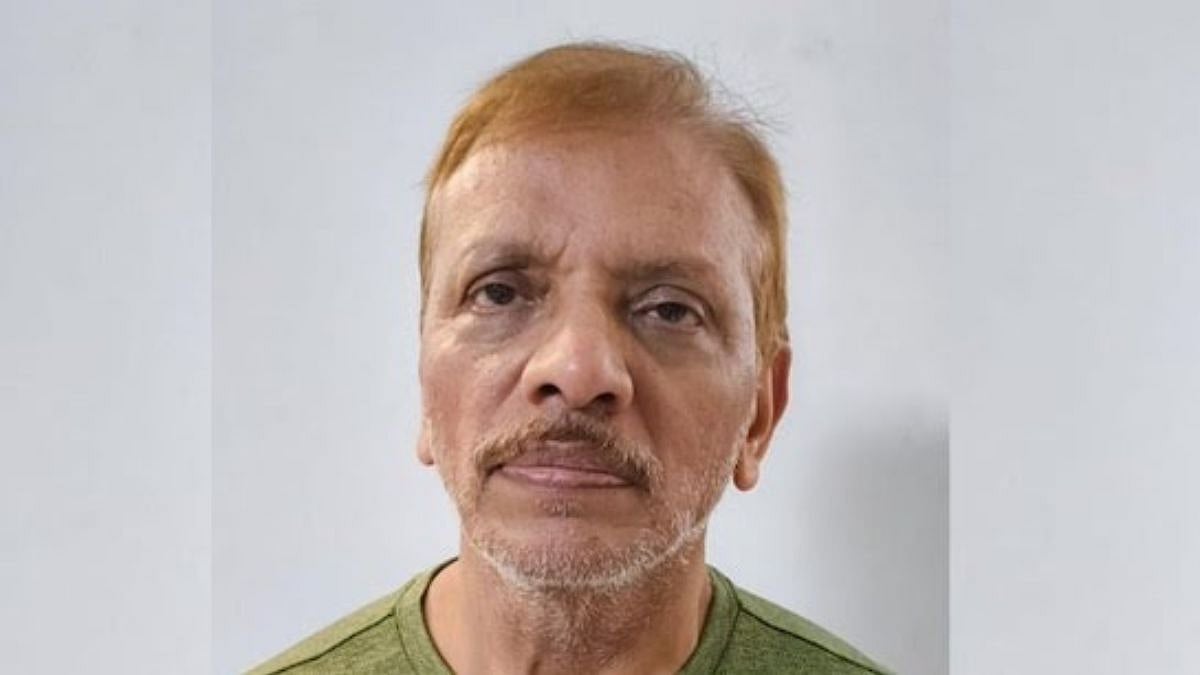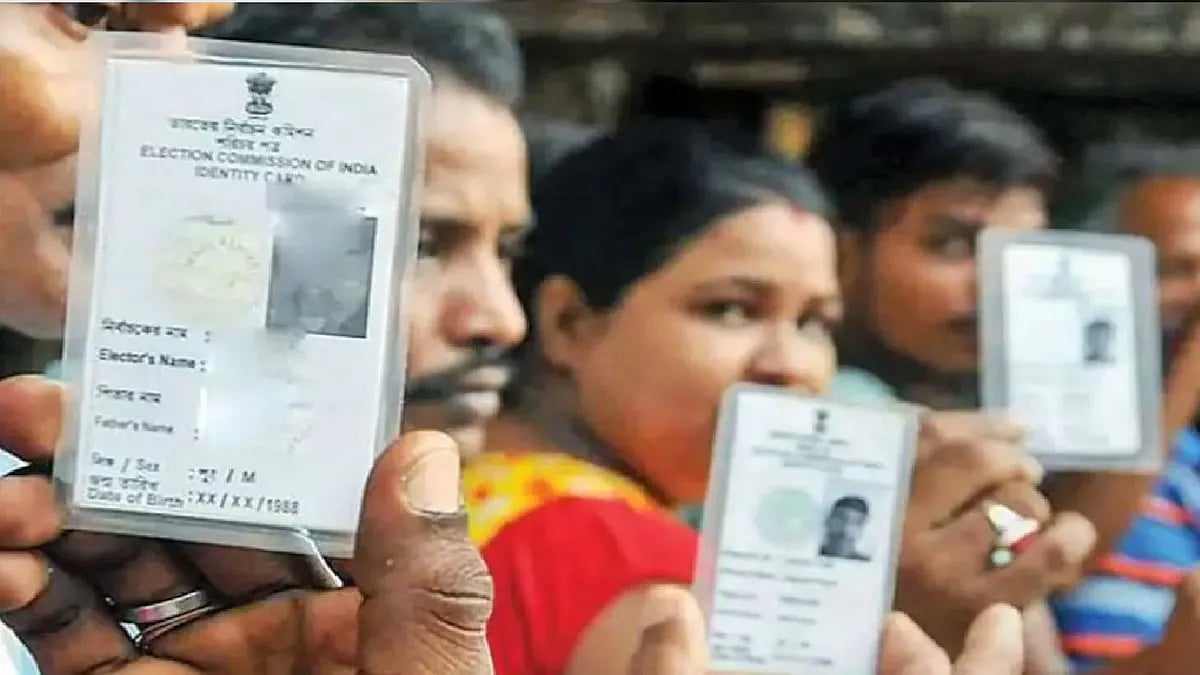Prosecution of public servants under PCA
New Delhi
The Supreme Court on Wednesday said the requirement of prior sanction of the government before prosecuting a public servant under the Prevention of Corruption Act was not unconstitutional.
But at the same time a balance has to be struck between protecting a public servant against mala fide prosecution and probity in public life.
Also, the competent authority has to take a decision on the issue of sanction expeditiously,” said the Bench comprising Justice T.S. Thakur and Justice Adarsh Kumar Goel.
The court said this while addressing the question whether Section 19 of the Prevention of Corruption Act is unconstitutional and whether any further direction is called for in public interest and for enforcement or fundamental rights.
“Requirement of sanction has salutary object of protecting an innocent public servant against unwarranted and mala fide prosecution. Undoubtedly, there can be no tolerance to corruption which undermines the core constitutional values of justice, equality, liberty and fraternity,” the court said.
But, at the same time, the need to prosecute and punish the corrupt is no ground to deny protection to the honest, the court added. Also, the mere possibility of abuse cannot be a ground to declare a provision, otherwise valid, to be unconstitutional. The exercise of power has to be regulated to effectuate the purpose of law.
“The matter has already been dealt with in various decisions of this court,” the bench said, referring to earlier judgments of the apex court on the issue.
The court said this while disposing of a PIL filed by an advocate who had challenged the constitutionality of Section 19 of the Prevention of Corruption Act, 1988.
The petitioner had further sought direction that all cases under the Prevention of Corruption Act against politicians, legislators, parliamentarians and government officials be processed by investigating agencies without prior sanction as required under Section 19 of the Act.
The petitioner contended that in Jammu and Kashmir, many government officials have been charged with corruption but in the absence of requisite sanction, they could not be prosecuted.
He said the sanction provision was being misused by the central government and the state government to protect dishonest and corrupt officers.









